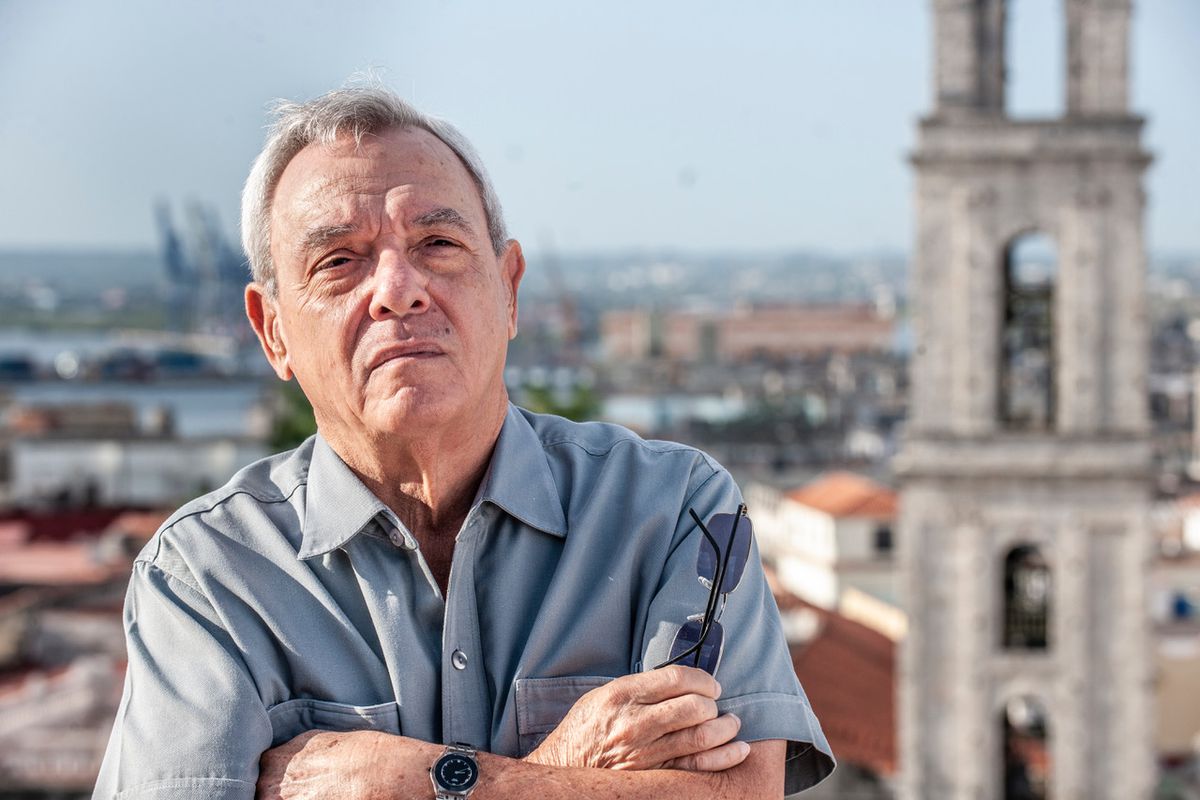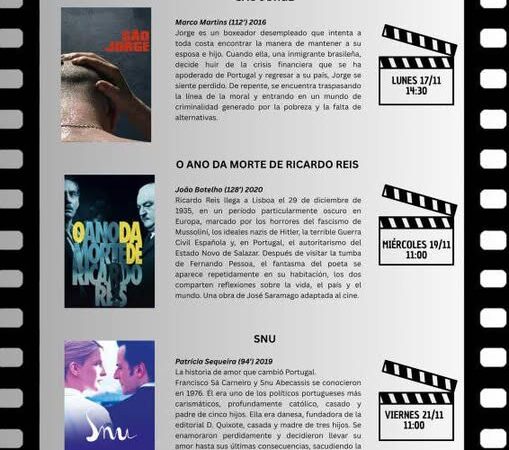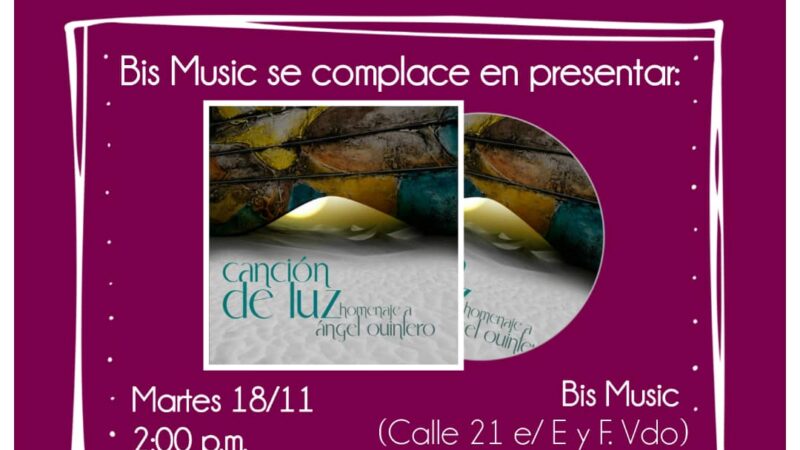Faithful to Eusebio

No words of gratitude, homage, or tribute are enough to convey what Eusebio Leal meant and still means to Havana and Cuba. On this anniversary of his birth, the legacy of Eusebio endures—that young man with a late education but an unwavering vigor before the incandescent city that witnessed his birth, eternally loyal to his country and its history.
Havana found in him a defender against the tides of time, bureaucracy, indifference, and apathy. Wherever Eusebio walked, a special aura awakened. On more than one occasion, with remarkable intelligence and sensitivity, he confronted the urgencies of his present with his hand reaching toward the future—uncertain, yes, but faced by a man for whom battling adversity was never a cause for despair but a path to transcendence. As he once expressed:
“What, then, will become of Havana, or of us and our memory? We will be remembered to the extent that we have contributed something truly positive and useful to the city—something positive in the intangible, in education, in its self-memory, in our memory, in its monuments and public spaces, in its plazas and theaters, in the memory of its workers, its families, and its creators. But it will also be a material memory. What would become of us if we were to lose this city we love?”
The vigorous continuity of his work was never static, never borne out of luck or the consensus of chance. On the contrary, the love for saving Havana, for strengthening the consciousness of living and building a life upon the walls of the country’s history, always guided Eusebio’s efforts to a successful outcome.
When he knew that his journey was nearing its inevitable decline, when we noticed in his once fiery words the subtle consequences of time’s passage, Eusebio continued his mission as the city’s historian, as a son of Cuba, as a citizen of this shared space beneath the sky that saw his birth. “(…) Life is brief, but art is long; therefore, it is wise to learn and gain wisdom. Wisdom allows us to unravel the mysteries of life. It allows us to be patient and face problems with serenity, not believing all is lost,” he affirmed in one of his speeches.
In his grasp of the world, Leal cultivated a wisdom devoid of self-praise—useful as it was meant to be shared, without ignoring the process of deep and substantive change it would require. It was vital for all those interested in cultivating it through a formative, though not exclusive, process of commitment and growth.
Leal did much for Cuba and its capital, though less than he surely aspired to in his lifetime. Throughout the breadth of his work, he taught us the importance of building the living spaces of our worlds, with a sense of belonging as a foundational root of collective well-being. And in this unfinished work, he showed us how much can be achieved with determination, effort, perseverance, and planning.
We all remember him: those who saw him walk through the Historic Center, those who work in the Office of the Historian. He is remembered by the children he spoke to, by his friends, by the people who frequented him, by his closest colleagues, and by those fortunate enough to be in his company. Cuba remembers Leal in a different tempo—with the fleeting certainty of nostalgia for the past, with the conviction that this reality, fortunately, represents a commitment not only to him but also to ourselves.
Translated by Luis E. Amador Dominguez
Photo: Biblioteca Nacional de Cuba José Martí



